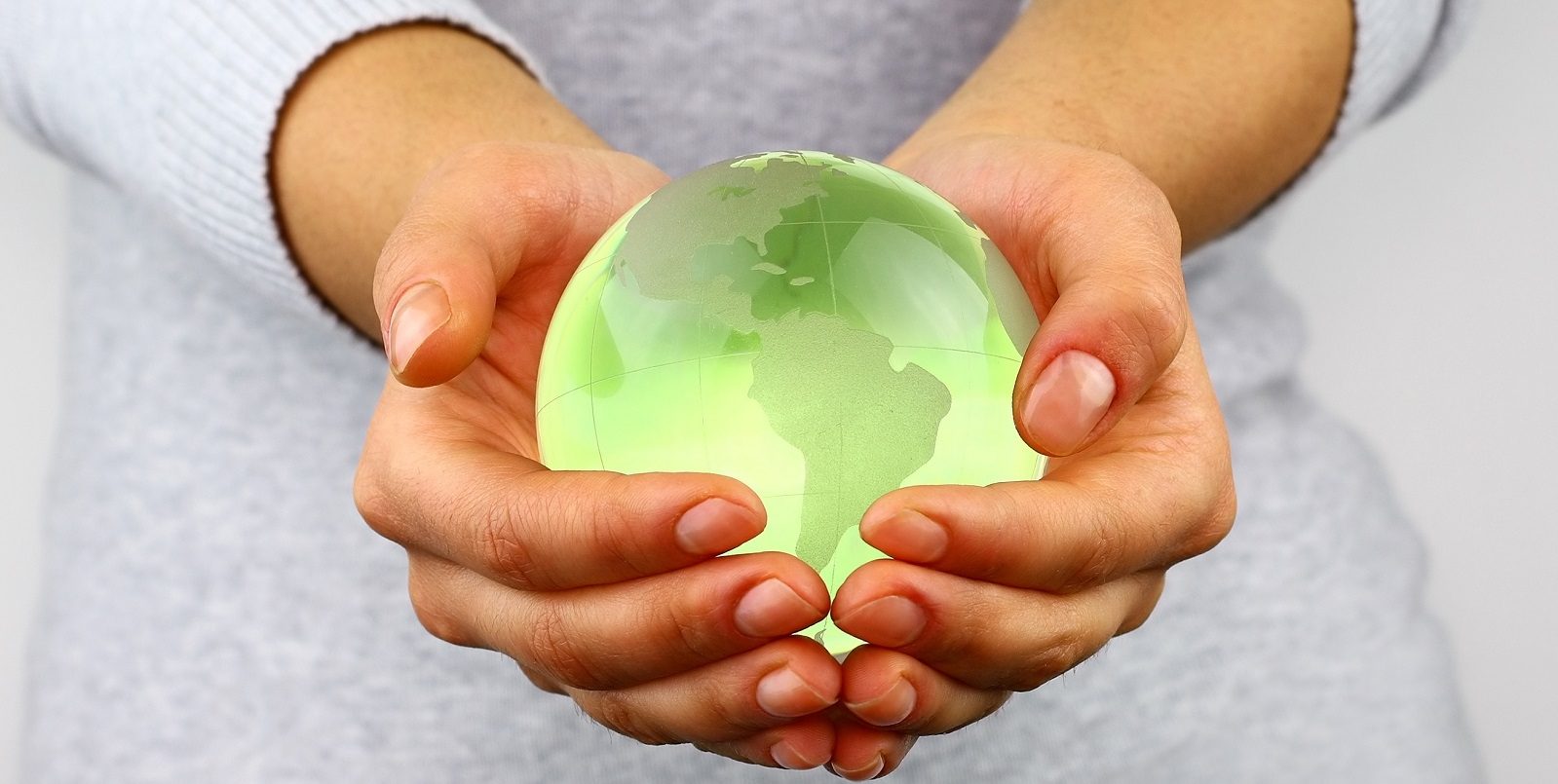
COVID-19 PERSPECTIVE - The life support system that is vital for global health
This perspective is written by Professor Corinna Hawkes, Distinguished Fellow, The George Institute for Global Health. It was first published on David Nabarro's 4SD platform and is reproduced here with his kind permission.
To tackle global challenges, we need multiple systems to work. That is a lesson I hope leaders at all levels take home from the COVID-19 crisis. This way, our new world might be a better one. For what COVID-19 is showing so clearly is that if we are to really treat, manage and prevent global health – or, indeed, any health condition, anywhere – whether in ‘normal’ or ‘crisis’ times, health, food, economic, environmental, social and political systems all need to play their respective roles.
Most obvious is the health system. Lockdowns everywhere are being motivated by the need to reduce the burden on health services. From the image of China building a hospital in a few days to the debates in multiple countries about testing, tracing and protective equipment, the need for adequate health services is blindingly clear. According to the World Health Organization, until “health system capacities are in place to detect, test, isolate and treat every case and trace every contact” countries should not lift restrictions. The message is stark: without a functioning health system, we won’t be able to manage this disease.
Then there is the food system. As consumers stockpiled foods, experts voiced fears of supply chain disruption. The Food and Agriculture Organization (FAO) weighed in fast, warning countries against trade restrictions to prevent food shortages along with urging support for small farmers to serve national markets. Suddenly, food supply chains were in the spotlight; food, it became apparent, does not magically appear in our grocery stores, but needs complex logistics and (underpaid, under-recognised, and undervalued) workers to function. Without food, we die. Without the food we want to eat, our wellbeing suffers. Without healthy food, we increase the risk of obesity and diet-related non-communicable diseases that make us more vulnerable to complications of COVID-19. The coronavirus simply focused our minds on an obvious but systematically overlooked fact: that how food systems function matters for health and wellbeing.
On to the economic system. Lockdowns have hit businesses like a sledge-hammer. In the United States, total retail sales fell an unprecedented 8.7% in March, with clothing seeing the greatest decline (50.5%). Even where death rates remain relatively low, economies are reeling. In Thailand, where there have been just 40 deaths to date, 7 million jobs have been lost out of a total workforce of about 38 million. With demand down for clothing in the west, the garment industry across Asia is in freefall, with millions of jobs being lost in Bangladesh, Cambodia, China and Vietnam. China’s economy is reported to have shrunk by an unprecedented 6.8% in the three months of 2020, the country’s first such recorded contraction. According to the World Bank, the situation could push a further 11 million into poverty in the region. And that’s just Asia. Globally, the International Monetary Fund (IMF) is predicting the worst economic depression since the 1930s.
The trouble is, poverty damages the health of poor people. As my colleague Lawrence Haddad pointed out on twitter last week, the impact of economic decline on stunting levels among children under the age of 5 across Africa and Asia could, overnight, wipe out 10 years of progress. The Director General of the International Food Policy Research Institute, Johann Swinnen, noted recently that “the global economic recession will have larger effects on poor people’s income and therefore on their food security and nutrition.” COVID-19 will also disrupt public welfare systems. The result could well be a crisis of hunger, and hence health. Without a functioning, fair economic system, the health of society’s most vulnerable citizens will suffer.
Before the pandemic swept across the globe, the environmental system was the crisis of the moment. Depressingly, reduced aviation has not made a major dent in carbon dioxide levels, but in a rare good news story, short-term air pollution has dropped, with dramatic pictures of the Himalayas reappearing to cities in India, and of Los Angeles under clear skies. More broadly, the virus has surfaced deep questions about our relationship with nature. We may think we are masters of the universe, but we are not. Our encroachment of the natural world – whether by destroying wildlife in remote areas or bringing wildlife closer in - has consequences. And one of those, the experts say, is to make it easier for zoonotic diseases like COVID-19 to jump from animals to humans. As one expert put it recently “We are going into largely undisturbed places and being exposed more and more. We are creating habitats where viruses are transmitted more easily, and then we are surprised that we have new ones.” It should be no surprise now: if we continue to damage the environmental system upon which our health depends, it will come back to bite.
There’s another type of disconnection we need to be cogniscent of, too: the disconnection wrought by social distancing. We know from the evidence that social isolation can be deadly, creating depression, anxiety, psychosis, heart disease, sleep deprivation and cognitive decline. It also makes conditions worse for the 450 million people worldwide already suffering from mental health conditions. As an excellent article in The New Yorker put it: “our brains have learned from brutal evolutionary lessons that social isolation is a death sentence.” Little wonder uptake of mental health helplines is soaring and experts are predicting an epidemic of clinical depression. Interestingly, though, new ways of socialising have emerged, from the now booming digital platforms to the claps in support of health service workers, which bring people out in a kind of community. More generally there has been a lot of talk about people realising the importance and power of community. COVID-19 has shown as all that a well-functioning social system is vital for our wellbeing.
And last but not least, the political system. The world needs leaders focused on creating the conditions for health for all. As IMF Economic Counsellor Gita Gopinath said last week, to address the pandemic, the courageous actions of doctors and nurses need to be matched by policymakers across the world. Some of the questionable actions taken by some world leaders in recent weeks brings this into sharp relief: our health will fail if politicians are making the wrong choices.
Taken together, these inter-dependent systems make up our life-support system. From the environmental systems to prevent, to the health systems to treat and manage, COVID-19 illuminates as never before that we need all these systems to function healthily to enable us to function healthily. It may be a vain hope that COVID-19 will, as John Atkinson and David Nabarro put it in one of their recent narratives, lead the world to appreciate the value of seeing global challenges as the result of multiple interconnected systems. But as we try to work our way out of this crisis, it’s a hope that each and everyone one of us who work in global health can do our level best to turn into a reality.



